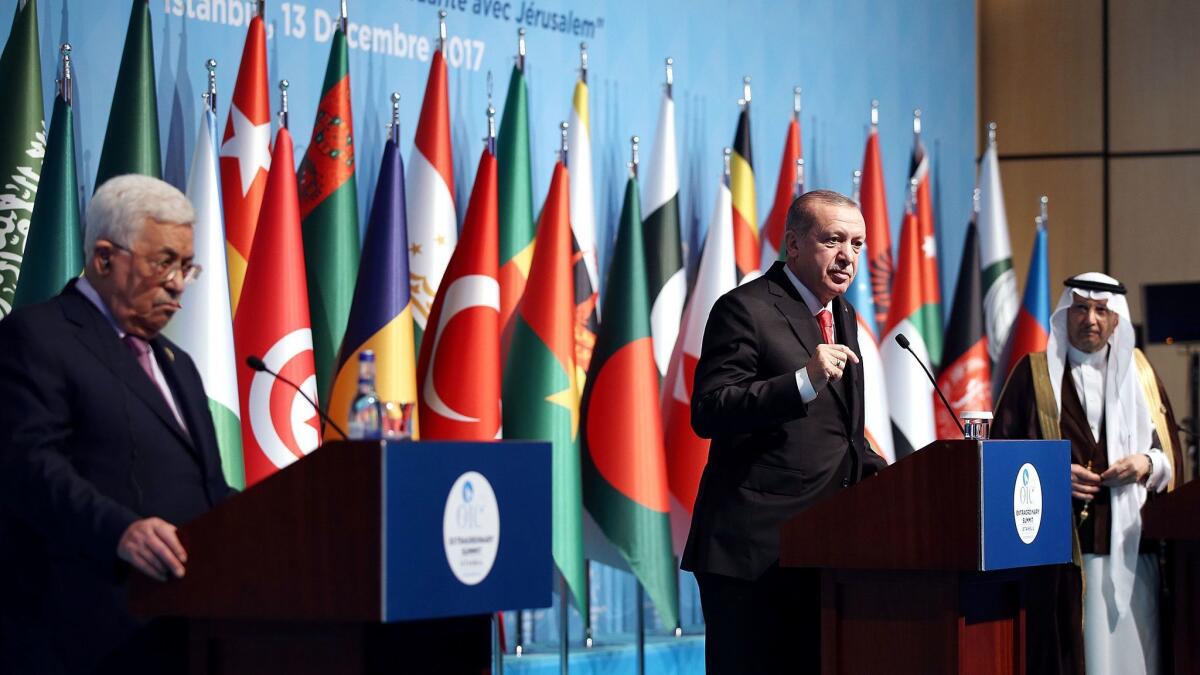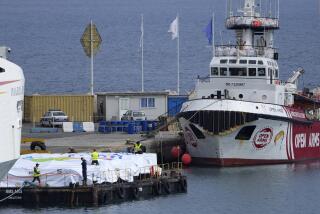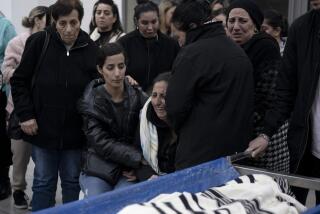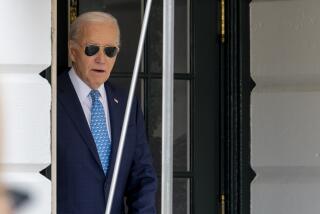Responding to Trump, Turkey says it will open an embassy in East Jerusalem — in support of Palestinians

Escalating the chorus of global condemnation of President Trump’s recognition of Jerusalem as Israel’s capital, the Turkish government announced Friday it would open an embassy in East Jerusalem — in support of Palestinians.
At the end of a special session of the Organization for Islamic Cooperation, or OIC, held in Istanbul, Turkey, to address the Jerusalem dispute, Turkish Foreign Minister Mevlut Cavusoglu announced the plan to establish a new Turkish embassy in East Jerusalem in support of Palestinians. Turkey would maintain its existing embassy in Tel Aviv for Israelis. Palestinians have long hoped East Jerusalem would be the capital of a future Palestinian state.
Dozens of Arab states refer to the disputed territories of the West Bank and Gaza Strip as “Palestine,” though the West and many other countries do not recognize its existence.
Turkish President Recep Tayyip Erdogan invited “all countries supporting international law to recognize Jerusalem as the occupied capital of Palestine.”
All it would take from Turkey is changing the sign outside the Jerusalem Consulate that has stood since Istanbul was known as Constantinople, the Ottoman capital that ruled this region of the Levant for half a millennium.
“Trump’s decision to recognize Jerusalem as Israel’s capital came as a windfall for Erdogan,” said Mahir Zeynalov, Turkey analyst and chief editor at the Globe Post, in an interview with the Los Angeles Times. Erdogan, who is battling corruption allegations related to a high-profile Iran sanctions case in New York, now can “attempt to act as the leader of Muslims,” Zeynalov said. “And he immediately gathered leaders of Muslim nations in Istanbul and delivered pompous speeches.”
In a remarks widely perceived as a rebuke to the United States, a NATO ally, Cavusoglu said Turkey expects to sign a $2-billion deal for the purchase of Russian S-400 air defense systems this week. Additionally, he said, technical work on Russia’s most advanced long-range antiaircraft missile system will begin in Russia, where Turkish engineers will be trained.
Israel, whose ministries, Supreme Court and parliament are in Jerusalem, has long demanded international recognition of its sovereignty over a unified Jerusalem. That recognition has been withheld since 1967 when Israel captured East Jerusalem, held by Jordan since 1948, in a battle against Arab armies.
Regional powerhouse Turkey was the first Muslim-majority nation to forge diplomatic ties with Israel, in 1949, a year after the Jewish state was established.
Suat Kiniklioglu, executive director of the Ankara-based Center for Strategic Communication, said that absent the impossible — agreement from Israel — the Turkish announcement “seems more like a public diplomacy thing.”
“Once we succeed, embassies will open in the independent Palestinian state’s capital, East Jerusalem,” Cavusoglu predicted.
Lebanese Foreign Minister Gebran Bassil followed Turkey’s lead and informed Palestinian Authority President Mahmoud Abbas of Beirut’s willingness to establish a Lebanese embassy in East Jerusalem.
Lebanon has never had diplomatic ties with Israel. On Twitter, Bassil announced he “promised” Abbas that Lebanon would “act quickly to secure property for Lebanon in East Jerusalem.”
The Israeli government declined to comment.
Speaking to The Times, Palestinian Authority spokesman Xavier Abu Eid said that “East Jerusalem is an integral part of the occupied territory of Palestine, and has been recognized by the international community. So it is entirely normal that a state that recognizes Palestine would want to establish its embassy in the occupied capital of East Jerusalem.”
More to Read
Start your day right
Sign up for Essential California for news, features and recommendations from the L.A. Times and beyond in your inbox six days a week.
You may occasionally receive promotional content from the Los Angeles Times.






